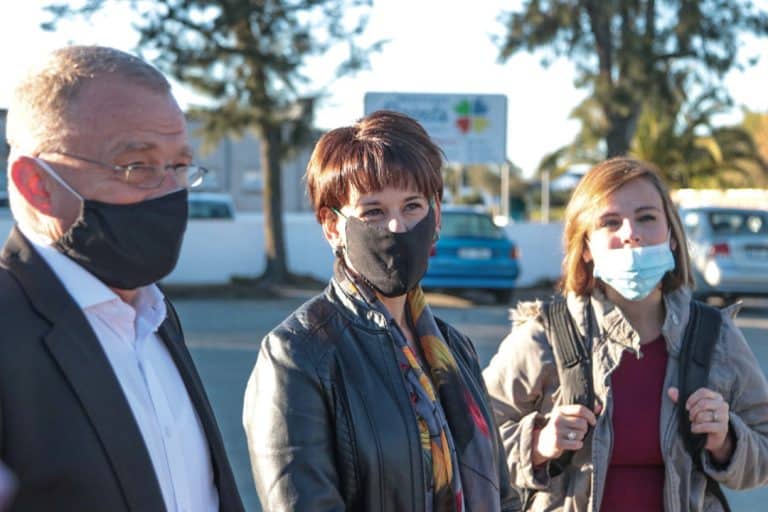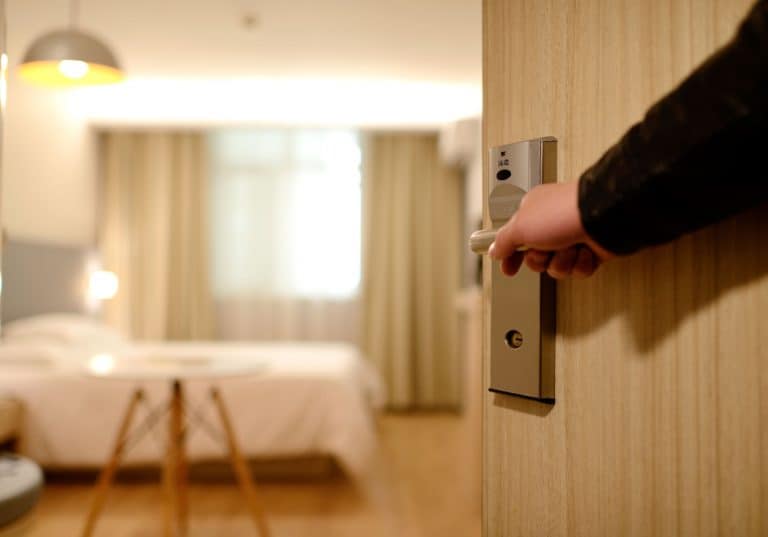Schools reopening: State’s chaos under the spotlight
By Dr Eugene Brink, strategic adviser for community affairs at AfriForum
If you are baffled and upset by the way Angie Motshekga, Minister of Basic Education, and President Cyril Ramaphosa have been handling the reopening of schools, you should not feel alone.
Millions of teachers, staff members and learners across the country are terrified and confused by the contradictory statements made by the minister, her department and the president concerning this most important matter in the midst of an extensive lack of preparedness countrywide. Many of them have personally admitted to me that they and their schools do not know what is happening and if they will indeed be ready for everything that will be coming their way.
Determining the dates for reopening schools for certain grades and the issuing of regulations (that subsequently had to be amended and re-issued) were done hastily without considering the extent of the problem and task. Schools then had to be equipped in a hurry with large amounts of personal protective equipment (PPE) and other resources to keep the learners, staff and teachers safe.
Although quite a lot of schools were ready even before these announcements were made, it would always have been an impossible task for many other schools. And so Motshekga had to change her plans when many of these schools did not receive the necessary sanitation assistance from the state. She also had to admit that the state had been unable to do what she wanted to be done in such an extremely short time. One cannot expect the 80% of dysfunctional schools (that before the lockdown did not even have running water, laboratories, libraries and electricity) all of a sudden to succeed in doing new things perfectly in record time. The education department even is unable to deliver books in time!
In addition, there appears to be more to the reopening of schools than simply teaching children and at the same time keeping them safe. There are rumours of a pending cabinet reshuffle and Motshekga fears she could be left out. Chances are that she will not be replaced or moved, but of course there always is a possibility of this happening. If you have not done much since you were appointed to your portfolio, you now have to hurry up to do something – indeed anything – to show that you are at least doing something. In the process she has only created more confusion and discord, further highlighting her department’s incompetence.
Even worse is the PPE that suddenly just “disappeared” in KwaZulu-Natal and elsewhere. This reminds one of the food parcels intended for poor people across the country that never reached these people because of the greed of officials. During the lockdown many schools in KwaZulu-Natal also were seriously vandalised – 400 to be precise. At this stage nobody knows if it was indeed theft, but there is a strong suspicion in the absence of any other reasonable explanation. Goods to the value of millions of rands now have to be purchased again by the provincial education department. An investigation into the matter has been ordered, but as with so many similar incidents the guilty persons never are brought to book and everything is covered up.
The Auditor-General (AG) every year highlights the provincial education and health departments as hot spots regarding misappropriation of funds. After all, they also have the largest budgets. In the 2018-2019 report the AG stated that the financial health of the provincial health and education departments required urgent intervention to prevent these key service delivery departments from collapsing.
When all is said and done, however, all these issues may be traced back to a state that has been governed by one party for 26 years and yet is unable to perform even basic operational tasks. They receive a rude awakening time and again when role players in a specific industry (in this case education) have to bring them to their senses. Or they stubbornly push ahead with something, simply to cause a catastrophe, wasting or embezzling enormous amounts of money. The lockdown and school reopening so far are only two examples where the taxpayer and the public are going to pay the price – and not the mandarins in the ANC. The country is already paying the price for affirmative action and the hollowing out of any expertise in the state in the pursuit of ideological aims and self-enrichment. Who knows if all, or at least most, schools in future will be ready to do their teaching in safety? There just is no guarantee.
But there are heaps of hope. AfriForum recently donated hundreds of aid parcels to schools to get them ready for reopening. Approximately 40 000 bottles of hand sanitiser, 8 000 posters and 200 thermometers were distributed to schools countrywide. I was involved in this myself, and I was encouraged, but not surprised, by Afrikaans schools being totally prepared to resume teaching. In the Western Cape especially, great care was taken to enable schools to reopen safely. This can happen only when a community and a school in a tangible way join hands to pursue excellence, safe teaching and health. As we may gather from the above, the state will never be able to do enough to make our children successful and keep them safe.











